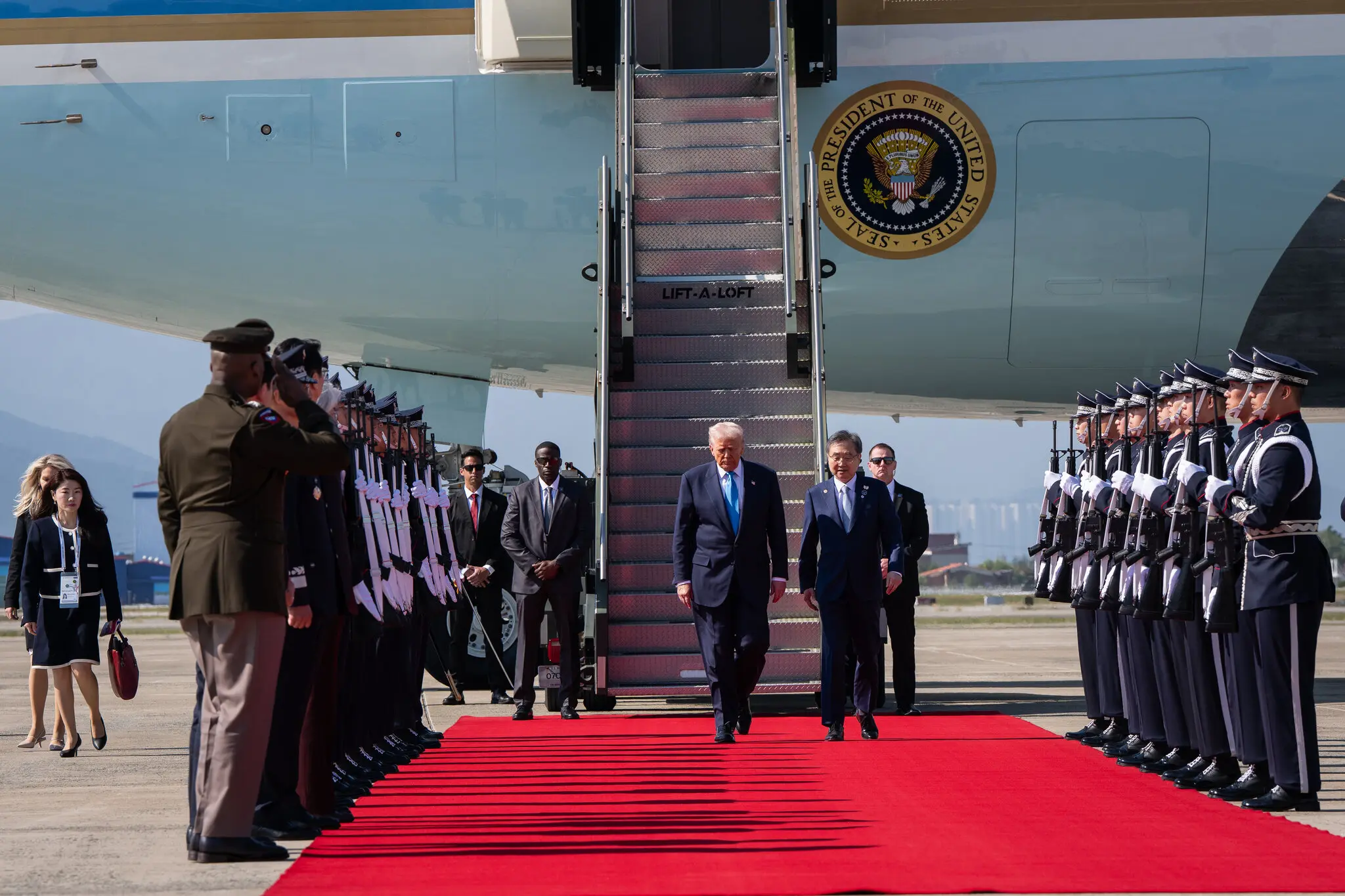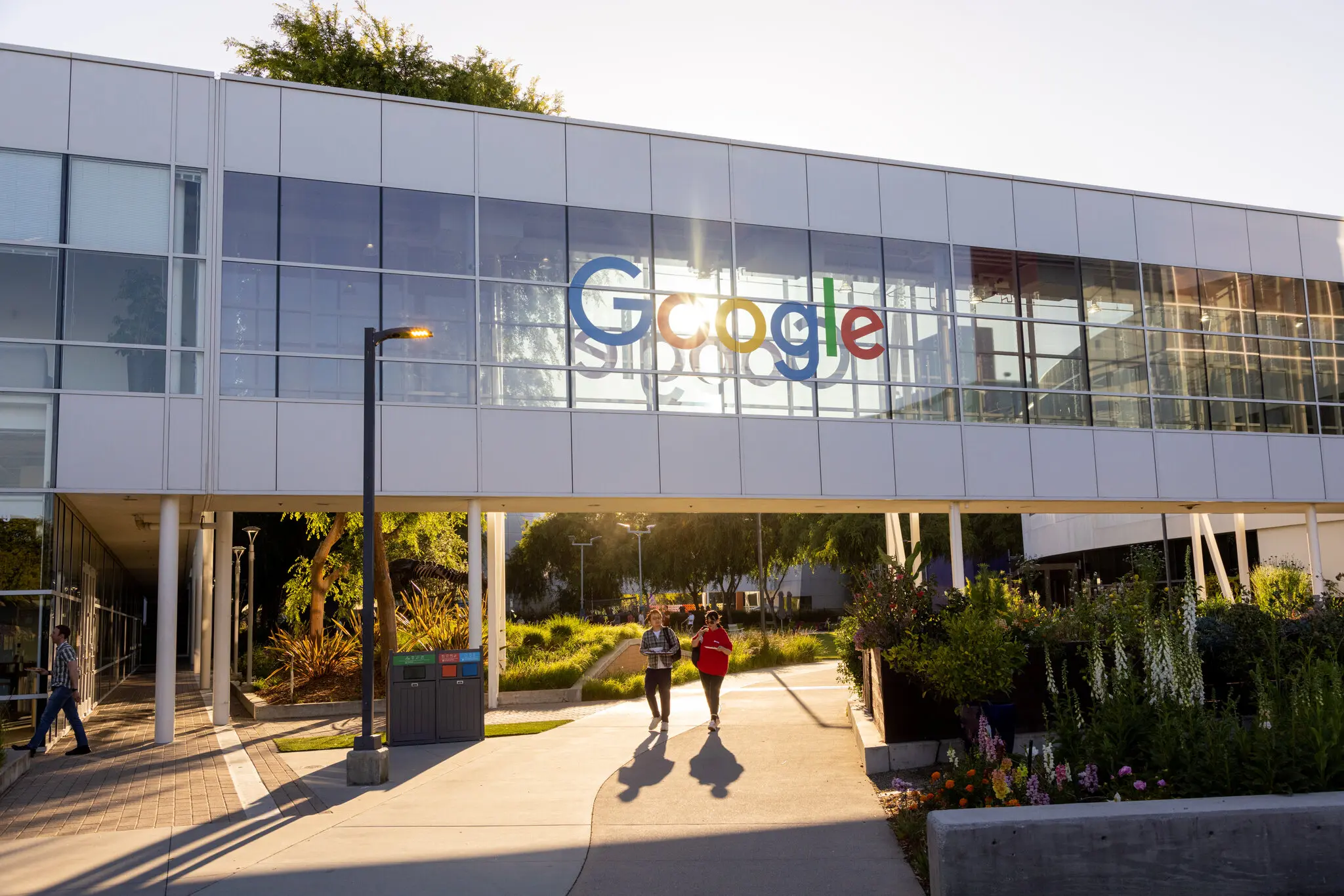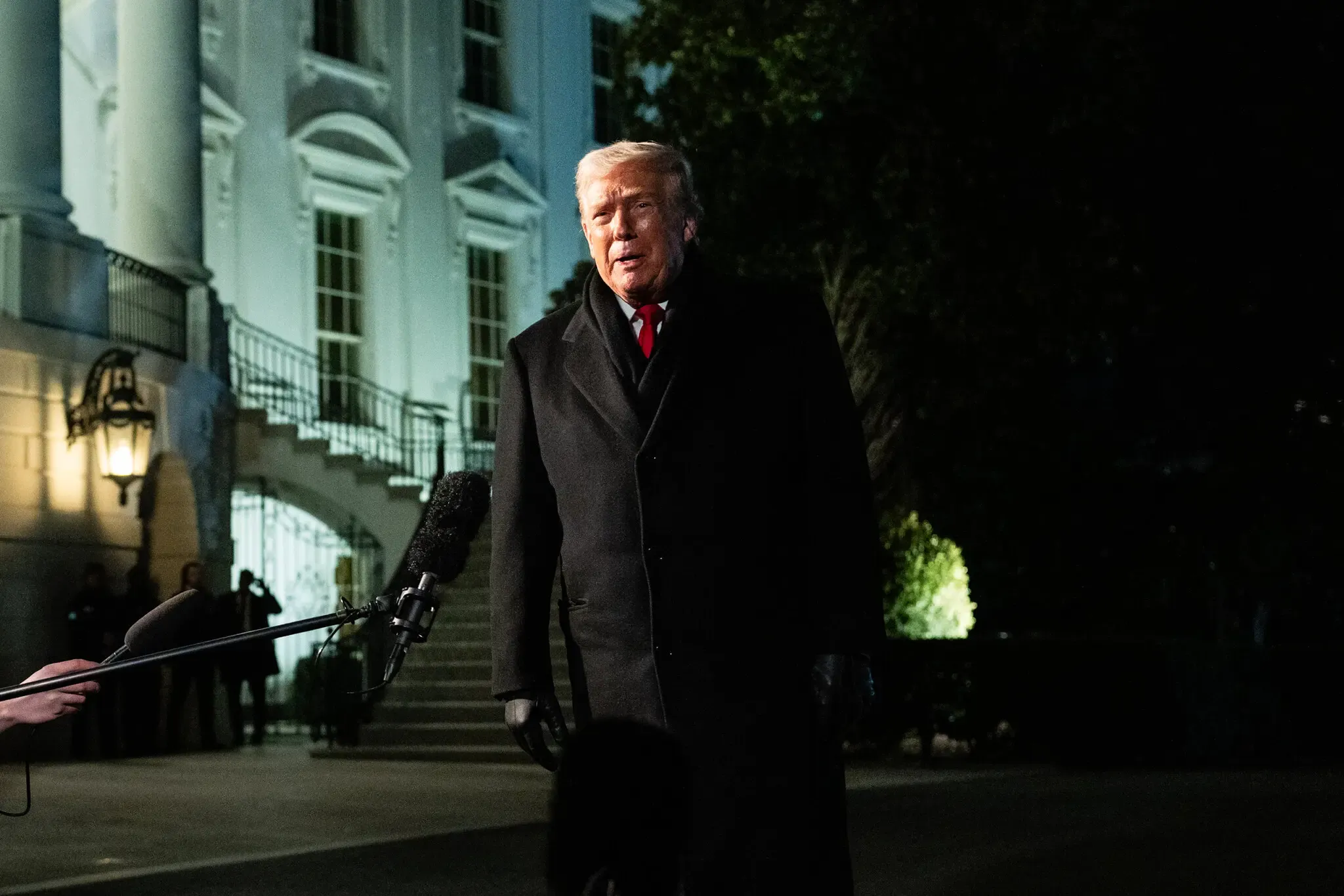As Trump Considers Selling Advanced A.I. Chips to China, Critics Warn of Risks
30.10.2025
A Controversial Signal Before a High-Stakes Summit
Flying to South Korea ahead of a crucial meeting with Chinese President Xi Jinping, U.S. President Donald Trump made an offhand remark that sent ripples through Washington.
“We’ll be speaking about Blackwell,” Mr. Trump said — referencing Nvidia’s most powerful A.I. chip, which he dubbed a “super duper chip.”
The comment, seemingly casual, hinted at a potential policy reversal that could reshape the technological balance between the United States and China. Selling these chips to Beijing is currently banned under national security restrictions. Yet, Trump’s praise of Nvidia’s innovation and its CEO, Jensen Huang, suggested he might be willing to reconsider.
National Security Concerns Mount
The reaction in Washington was immediate — and alarmed. Lawmakers, diplomats, and defense experts warned that relaxing export controls on A.I. chips could have catastrophic strategic consequences.
Senator Chris Coons (D-Del.) said on CNN:
“The defining fight of the 21st century will be who controls artificial intelligence. It would be a tragic mistake for President Trump to trade away critical A.I. chips for soybean orders.”
Former U.S. ambassador to China R. Nicholas Burns echoed the concern, calling such a move “a massive mistake.” He emphasized that China’s military — the People’s Liberation Army — views advanced technology as essential to surpassing the United States.
“The loss would be incalculable,” Burns warned. “We must prioritize national security over the interests of any one company.”
The Stakes: Power, Chips, and Global Influence
Nvidia’s Blackwell processors represent the current peak of artificial intelligence hardware — chips capable of training and running massive A.I. models used in both commercial and military applications.
Critics argue that giving China access to these technologies could erode America’s decade-long advantage in A.I. and supercomputing. Beijing’s laws require domestic firms to share any sensitive technologies with the state — including those from foreign partners.
Any short-term profits from such a deal, experts warn, would be “very short-lived,” as China continues its push for self-sufficiency in semiconductors.
Nvidia’s Balancing Act
In a statement, Nvidia spokesman John Rizzo defended the company’s position, saying China already has “enough domestic chips for all of its military applications.”
“We support the Trump administration’s vision for America to lead in innovation,” Rizzo said. “National security does not require America to retreat from global leadership.”
Behind the scenes, Jensen Huang has worked closely with the White House to advocate for limited A.I. chip sales abroad. Nvidia argues that exporting American standards could help preserve U.S. dominance by integrating its technology into foreign systems — rather than letting rivals build independent alternatives.
The Trade-Off: Diplomacy Meets Domestic Politics
Trump’s push to reopen dialogue with Beijing comes amid mounting political pressure at home.
U.S. tariffs on Chinese goods have hurt American farmers, especially in key swing states like Iowa and Kansas. Advisers say the president hopes to reach a trade deal that includes both agricultural concessions and technology cooperation.
One former official briefed on the talks said Beijing’s negotiators have demanded easing tech restrictions as part of a broader economic truce. The White House has also discussed resuming soybean purchases, curbing fentanyl exports, and pausing new tariffs on Chinese goods.
Trump hinted on Wednesday that a deal was near:
“We’ll work out something,” he said. “It’ll be a very good outcome for our country — and for the world.”
Jensen Huang’s Expanding Role
As Nvidia’s influence grows, so too does Huang’s proximity to power. The Taiwanese-American executive — once known for his leather jacket and engineering prowess — has become a de facto envoy between Washington and Beijing.
Speaking at Nvidia’s Washington conference, Huang avoided confirming whether he would attend the Asia-Pacific Economic Cooperation (APEC) summit in Seoul, where Trump and Xi are set to meet. But his remarks made the company’s stance clear:
“We want as many countries as possible building on American technology standards,” he said. “Half the world’s A.I. researchers are in China — cutting them off hurts everyone.”
Huang’s tone was patriotic yet pragmatic, repeatedly invoking the legacy of American innovation: “Nvidia,” he said, “is part of the tradition of AT&T, IBM, and Apple.”
The Bigger Picture
For now, it remains unclear whether Trump will follow through on lifting restrictions. But his comments have already reignited a fierce debate about how far America should go in pursuing trade at the expense of technological security.
If Nvidia’s chips become a bargaining chip — literally — in U.S.-China diplomacy, the decision could shape not just economic outcomes, but the future of global A.I. power.




